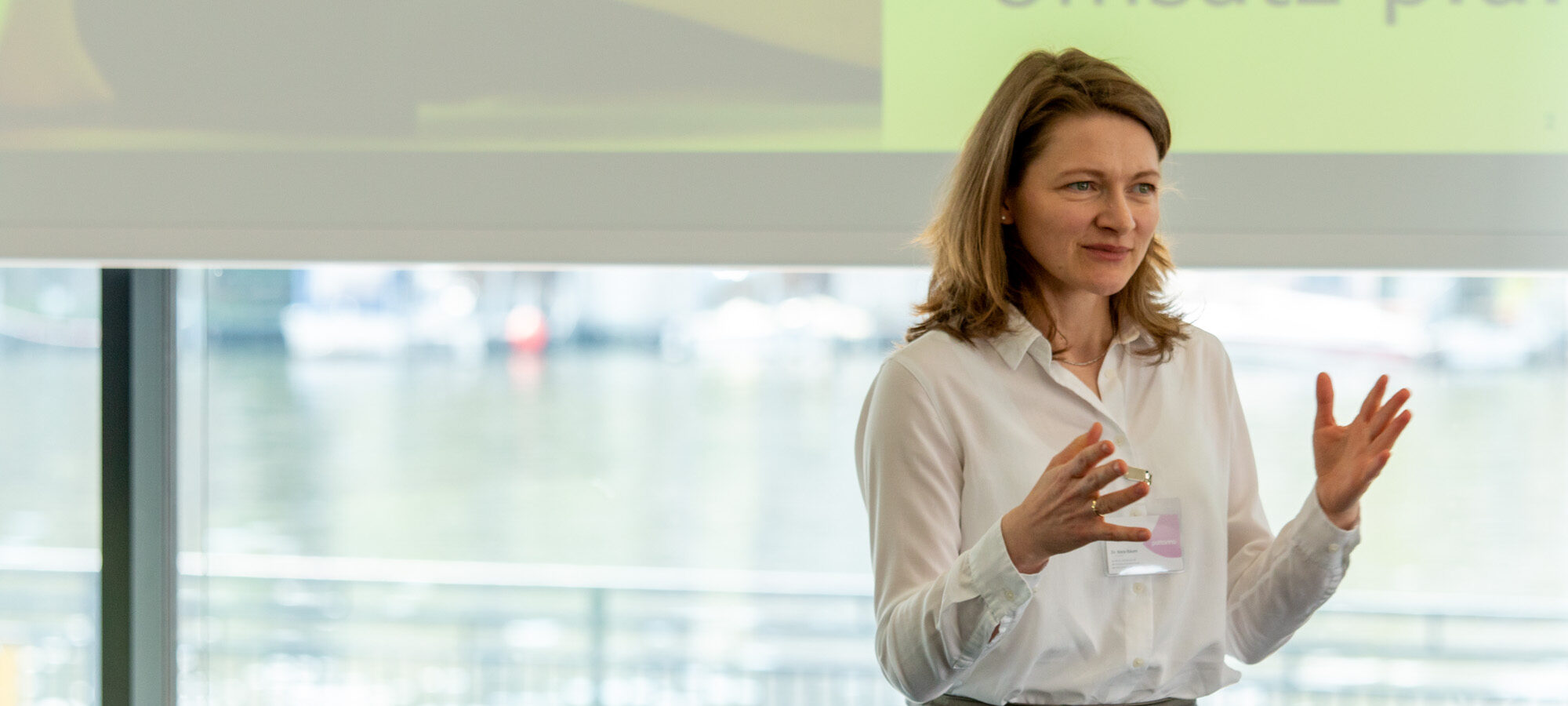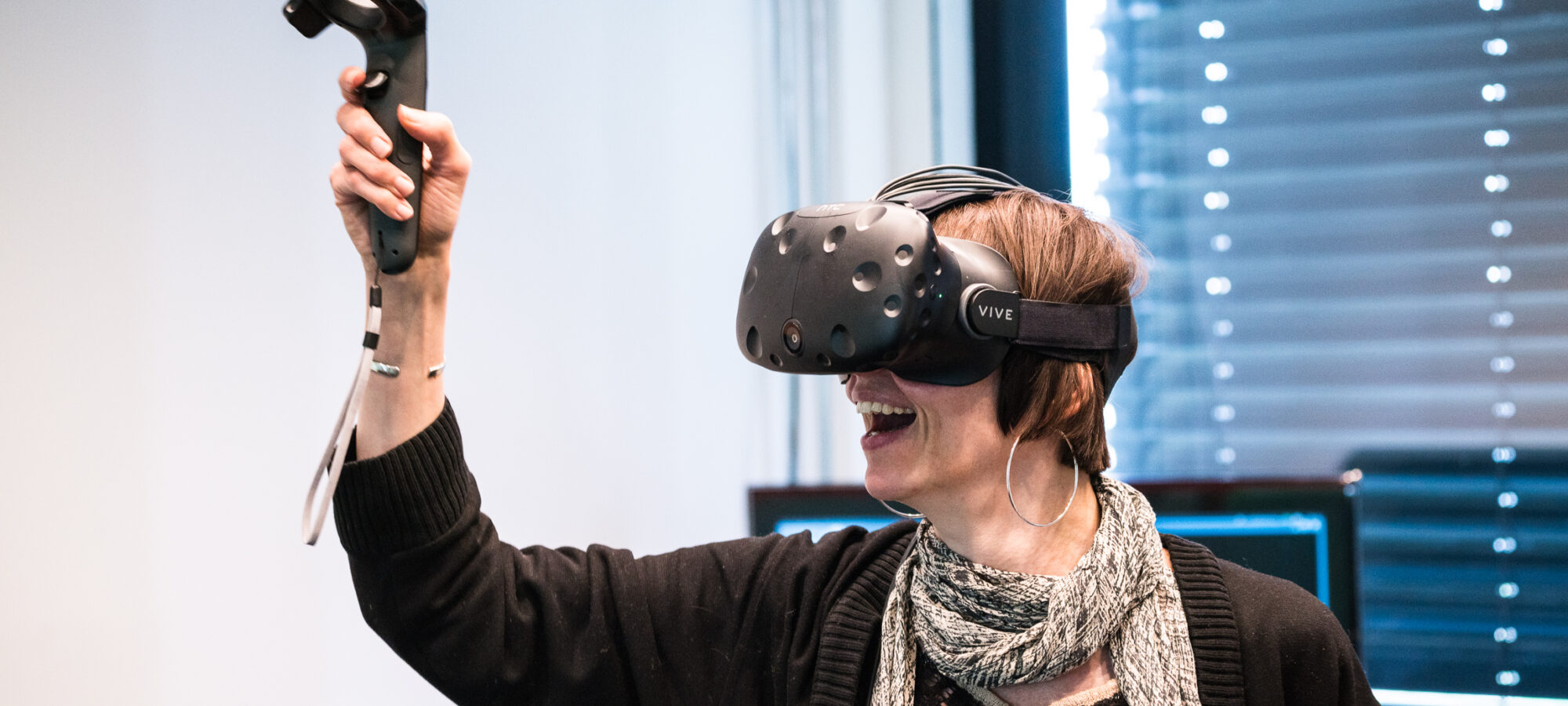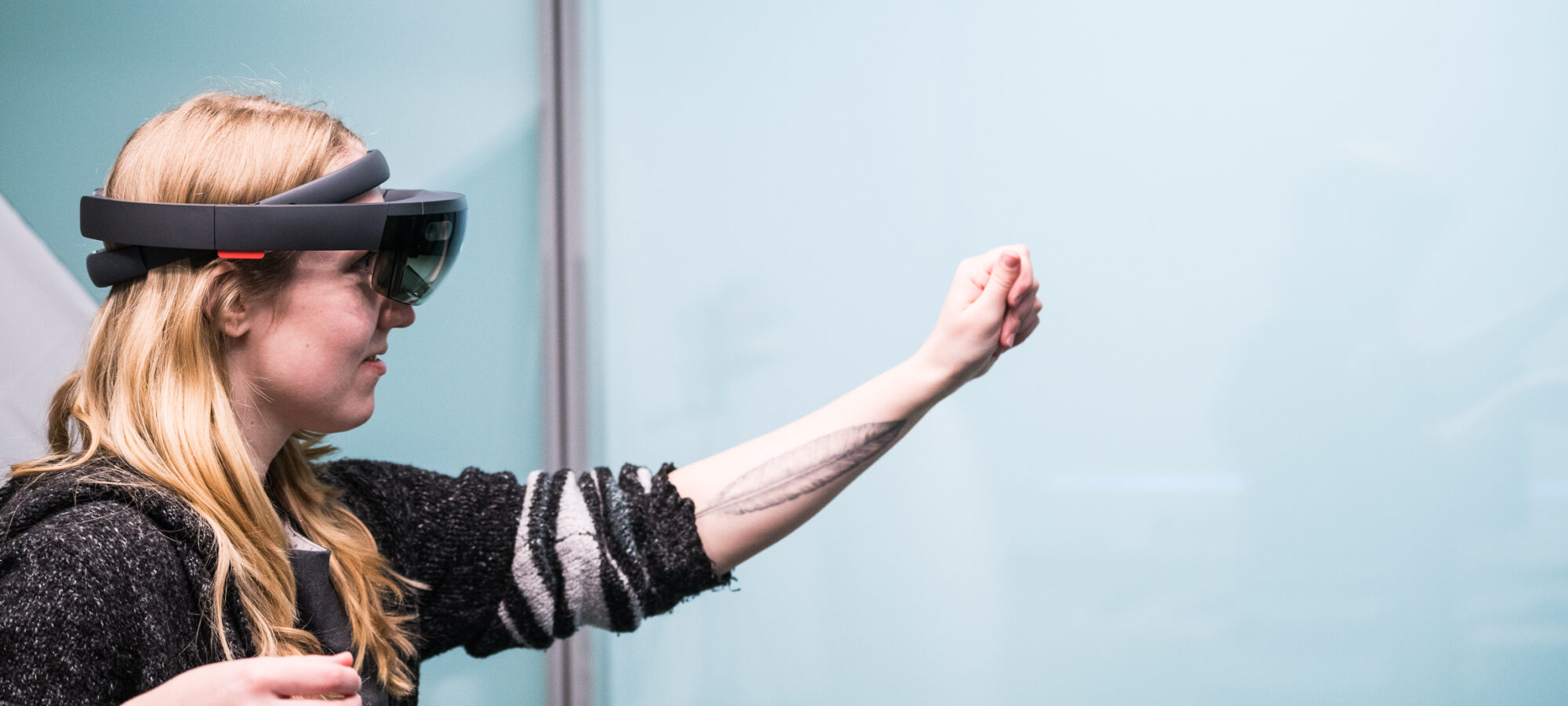News from our Research Seminar
About ViCAR
The network „Visual Communication with Augmented and Virtual Reality (ViCAR)“ promotes female young STEM academics and their mentors from Africa and Germany.
The ViCAR network received funding from the BMBF ministry in the „PAWS – Program Advocating Women Scientists in STEM“ for a six-month development phase to start up its activities. We invite female young STEM- focused academics and their mentors from Africa and Germany to network, exchange research results as well as develop cooperative R&D projects and activities that focus on academic exchange. Thematically, the network focuses on basic and applied research in the field of Mixed Reality applications in culture and health.

Goals & Context
Computing meets health and culture!
Africa is the cradle of humanity and its countries have a rich cultural heritage. The exploration of historic and contemporary places, artifacts and individuals –both remotely and on-site– has a lot to offer. The health systems in African countries differ more broadly than in continental Europe, but Mixed Reality technologies offer potential solutions to problems faced in many places. Experience of the founding partners highlight the potential of MR in different sectors e.g. for training, marketing and operations. While culture and health are certainly sectors with very different requirements MR and AI act as cross-sectional technologies and our assumption is that key research question and issues are equally cross-sectional. E.g.: Filters select and extract, clarify and modify, yet at the same time, the underlying filtering processes are often opaque, incomprehensible, and sometimes invisible. Research on human- and AI based „filtering“ thus focuses on essential physical mechanisms, symbolic dimensions, and cultural techniques of filtering as information processing that are relevant both in cultural and health contexts. While such question can be pursued on purely theoretical grounds, ViCAR has a strong focus on bridging gaps between basic and applied research and ultimately transfer into applications. Thus, a lot of the current and ultimately future projects integrate prototypes and demonstrators that can be explored and experienced.




